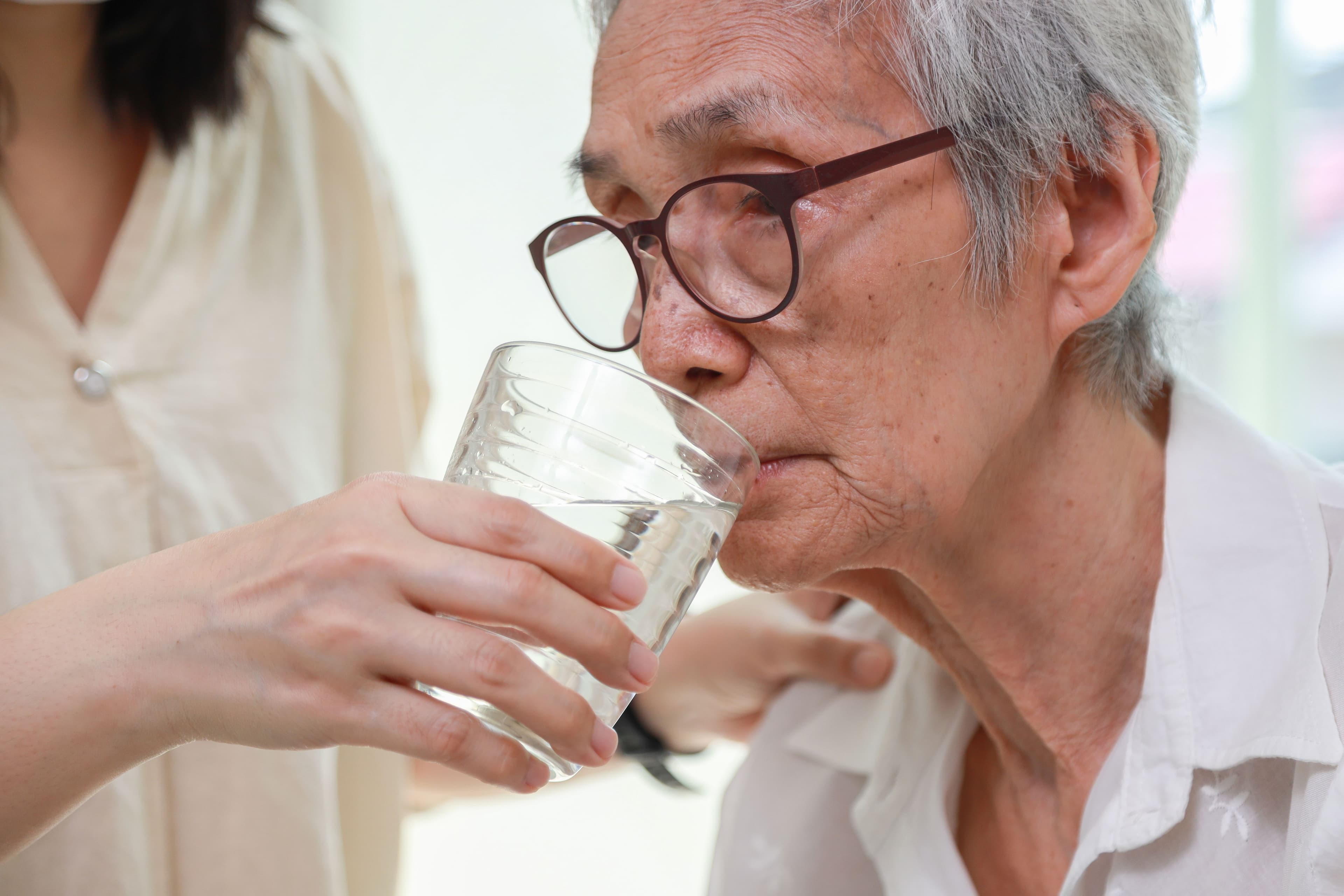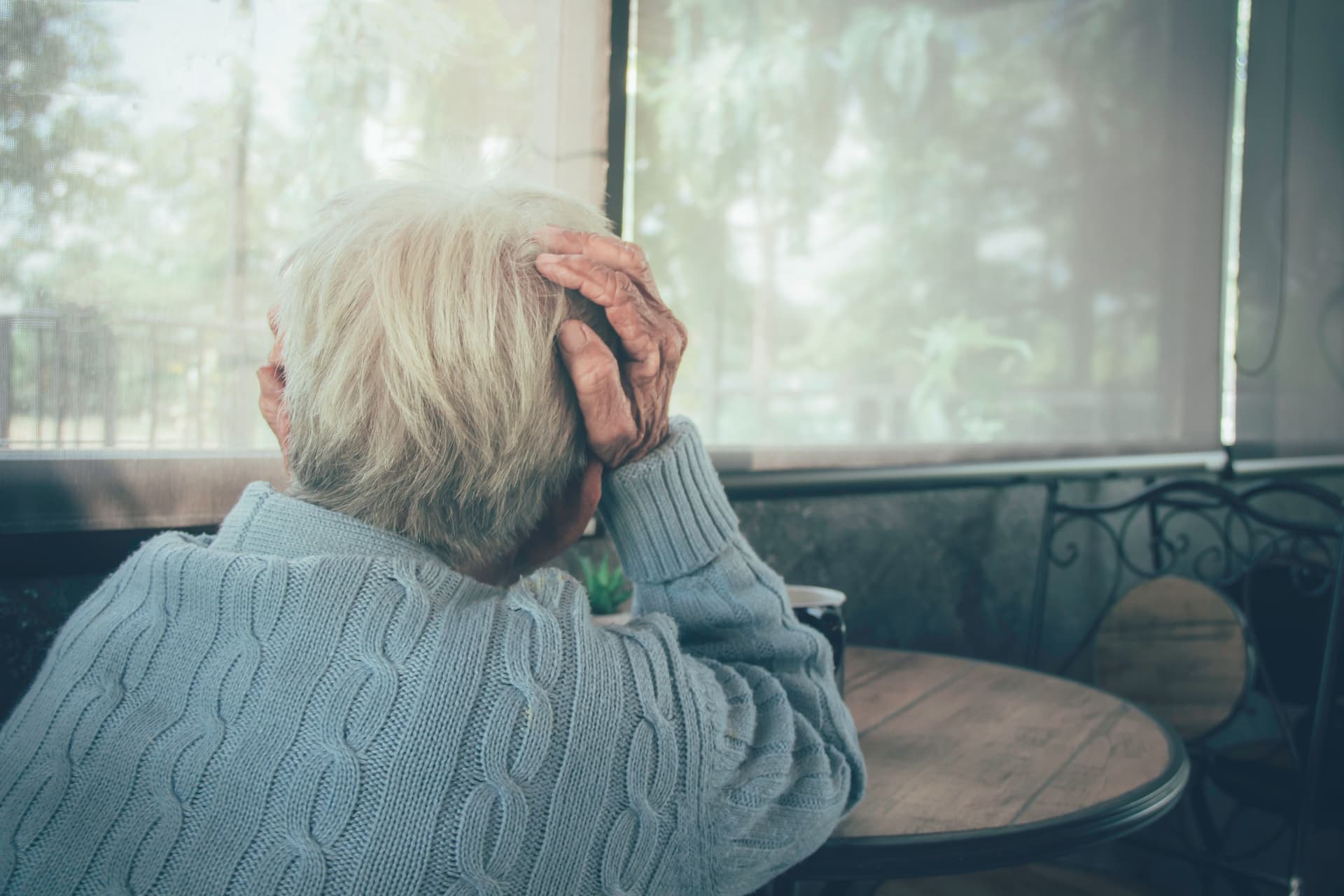
Nursing home abuse and neglect put vulnerable residents at serious risk, leading to malnutrition, dehydration, infections, and preventable injuries. When facilities fail to provide adequate care, residents suffer, and families are left feeling helpless. Lack of supervision, improper medical treatment, and unsafe conditions can result in devastating harm. Understanding the warning signs, knowing your legal rights, and holding negligent facilities accountable are crucial steps in protecting your loved ones. Learn how to take action and seek justice.
June 19, 2025
3 min
When you choose a nursing home for your loved one, you do so expecting compassion, safety, and professional care. But for too many families, this trust is betrayed when elderly residents suffer from dehydration or malnutrition. These aren’t just unfortunate mistakes—these are entirely preventable failures that signal a deeper problem: neglect.
Dehydration occurs when a resident does not get enough fluids, while malnutrition results from a lack of proper nutrients. In a well-run nursing home, staff are trained to monitor every resident’s intake and spot early signs of trouble. Unfortunately, chronic understaffing, poorly trained aides, and inadequate care plans mean many seniors don’t get the attention they need.
Elderly residents are especially vulnerable. Age-related changes, chronic illness, medications, and difficulty swallowing or feeding themselves all put seniors at higher risk. Many residents cannot communicate hunger or thirst, so it’s up to the staff to be attentive and proactive. If a facility cuts corners—whether to save money or because of mismanagement—the consequences can be deadly.
It’s essential for families to know what to watch for during visits. Warning signs of dehydration and malnutrition may include:

Even subtle changes in a resident’s appearance or mood can signal an underlying problem. Never be afraid to ask questions or request a meeting with the nursing staff or facility management.
If you believe your loved one isn’t getting enough food or fluids, document everything. Take photographs, write down what you observe, and keep a record of conversations with staff. Request copies of dietary plans and fluid intake charts, and insist on a prompt medical evaluation.
Federal and state laws require nursing homes to provide adequate nutrition and hydration. If staff dismiss your concerns, escalate the issue to facility administration or contact your state’s long-term care ombudsman. Do not wait if your loved one’s health appears at risk.
At Protect Seniors Law Firm, we understand the heartbreak and anger families feel when a loved one suffers from dehydration or malnutrition. We work exclusively on nursing home abuse and neglect cases, so we know what to look for and how to build a strong case. Our team will:
No family should have to worry if their loved one is being fed or hydrated properly. If you suspect neglect in a nursing home, contact Protect Seniors Law Firm. We will fight for your loved one’s dignity and demand justice from negligent facilities.